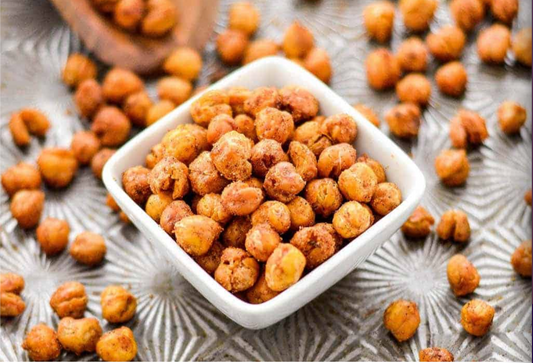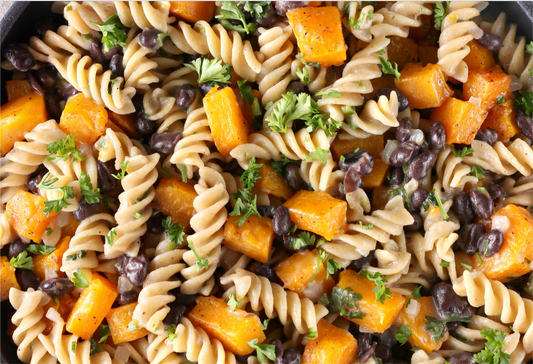“When life gives you lemons…. You ask for something higher in protein” - unknown
It’s very likely that protein comes up in conversation at each of our members 1:1 nutrition coaching session. But, why? …. I am not training for the World’s Strongest Woman competition, so why is my coach pushing this macro so much?
Here’s why…..
- A high protein intake boosts metabolism, reduces appetite and changes the weight-regulating hormones
- Protein can help you lose weight and belly fat
- By replacing carbs and fats with higher protein intake, it increases levels of the satiety (appetite-reducing) hormones, while reducing your levels of the hunger hormone. This significantly decreases hunger and is the main reason protein helps you lose weight. It can make you eat fewer calories automatically.
- After you eat, some calories are used for the purpose of digesting and metabolizing the food. This is called the thermic effect of food (TEF). Protein has a much higher thermic effect (20-30%) compared to carbs (5-10%) and fat (0-3%)
- Due to the high thermic effect and several other factors, a high protein can help boost metabolism.
- It makes you burn more calories around the clock, including during sleep
- Protein can have a positive effect on cravings and eliminate wanting to reach for those late night snacks
- At the end of the day (our very busy day), losing weight is not the most important factor, it is keeping it off in the long-term that really counts. Many people can lose weight, but most end up gaining the weight back, a higher protein diet can also help prevent weight regain.
- Eating plenty of protein can help prevent muscle loss when you lose weight. It can also help keep your metabolic rate high, especially when combined with heavy strength training.
Ok, So that’s the why, but how much protein should I eat? Aim for 30% of total amount of calories. Ex. 150 grams of protein on a 2000 calorie diet
Even though eating more protein is simple when you think about it, actually integrating this into your daily life and nutrition plan can be difficult. But, Increasing your protein intake is simple. Just eat more high protein foods.
These include:
- Meats: Chicken, turkey, lean beef
- Fish: Salmon, Shrimp, Haddock, trout etc.
- Eggs
- Dairy: Milk, Yogurt, Cottage Cheese
- Legumes: Kidney beans, chickpeas, lentils, etc.
Taking a protein supplement can also be a good idea if you struggle to reach your protein goals. Ex. Protein powders, collagen, protein bars. Look for low in sugar and real ingredients.
There are many high-protein foods you can eat to boost your protein intake. If you can, use a nutrition tracker, like My Fitness Pal to help keep track.
You don’t need to restrict anything to benefit from a higher protein intake. It is all about adding to your diet. When it comes to fat loss and body composition, protein is the Queen of nutrients.




